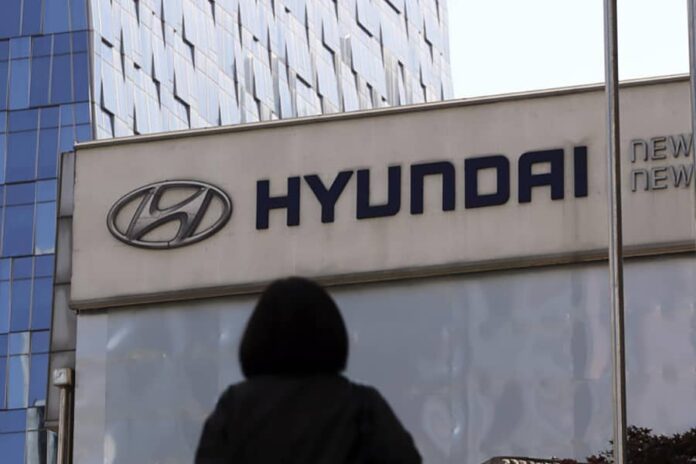More than 240,000 cars from South Korean automakers Hyundai, Genesis and Kia are being recalled in the United States and Canada over various safety concerns, the National Highway Traffic Safety Administration said in a series of announcements.
In one of two separate notices, NHTSA announced the recall of certain electrical vehicles from Hyundai, Kia and Genesis, citing a loss of drive power from damaged charging units that “increases the risk of a crash.”
The recalls potentially affect more than 62,872 units from Kia and 145,235 units from Hyundai and Genesis, a luxury division owned by Hyundai Motor Group. Most of the recalled units from Hyundai and Genesis were produced for sale in the United States, but about 34,529 were produced for sale in Canada, Ira Gabriel, senior group manager for corporate and marketing PR at Hyundai, said in an email.
The vehicle models listed under the recalls include 2022-2024 models of the Kia EV6, 2023-2024 models of the Genesis G80 EV, 2023-2025 models of the Genesis GV60, 2023-2025 models of the Genesis GV70 EV, 2022-2024 models of the Hyundai Ioniq 5 and 2023-2025 models of the Hyundai Ioniq 6.
In an emailed statement, Kia America said that the drivers of the affected vehicles may hear warning chimes or see activated warning lights, in which case they should have the vehicle towed to the nearest Kia dealership “right away.”
“If the driver ignores the warnings associated with the discharging battery condition and continues to operate the vehicle in a reduced power mode, the vehicle may eventually experience a complete loss of motive power, which increases the risk of a crash,” Kia America added.
NHTSA also announced the recall of some 2025 Hyundai Tucson and 2025 Hyundai Santa Cruz models, stating that the transmission can shift out of park without engaging the brake pedal, allowing the vehicle to roll away and “increasing the risk of a crash.”
More than 42,000 units are potentially affected, NHTSA said. It added that owners of these models can continue to drive their vehicles for now but should use their parking break as a safety precaution.
Owners of these vehicles are expected to receive letters informing them of the recalls in December and January, NHTSA said.
by Kelly Kasulis – washingtonpost.com

